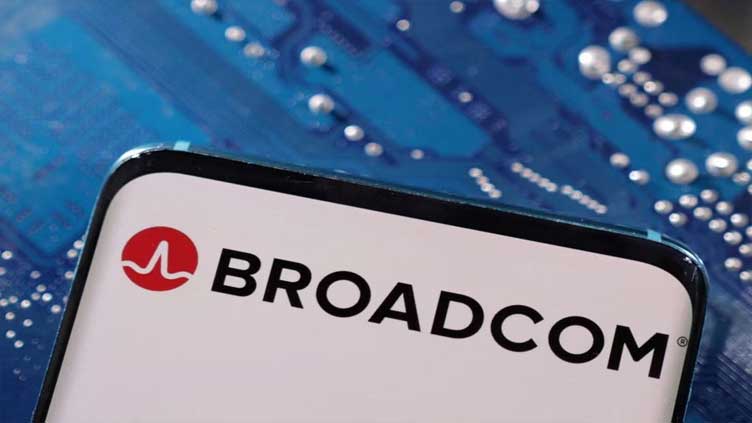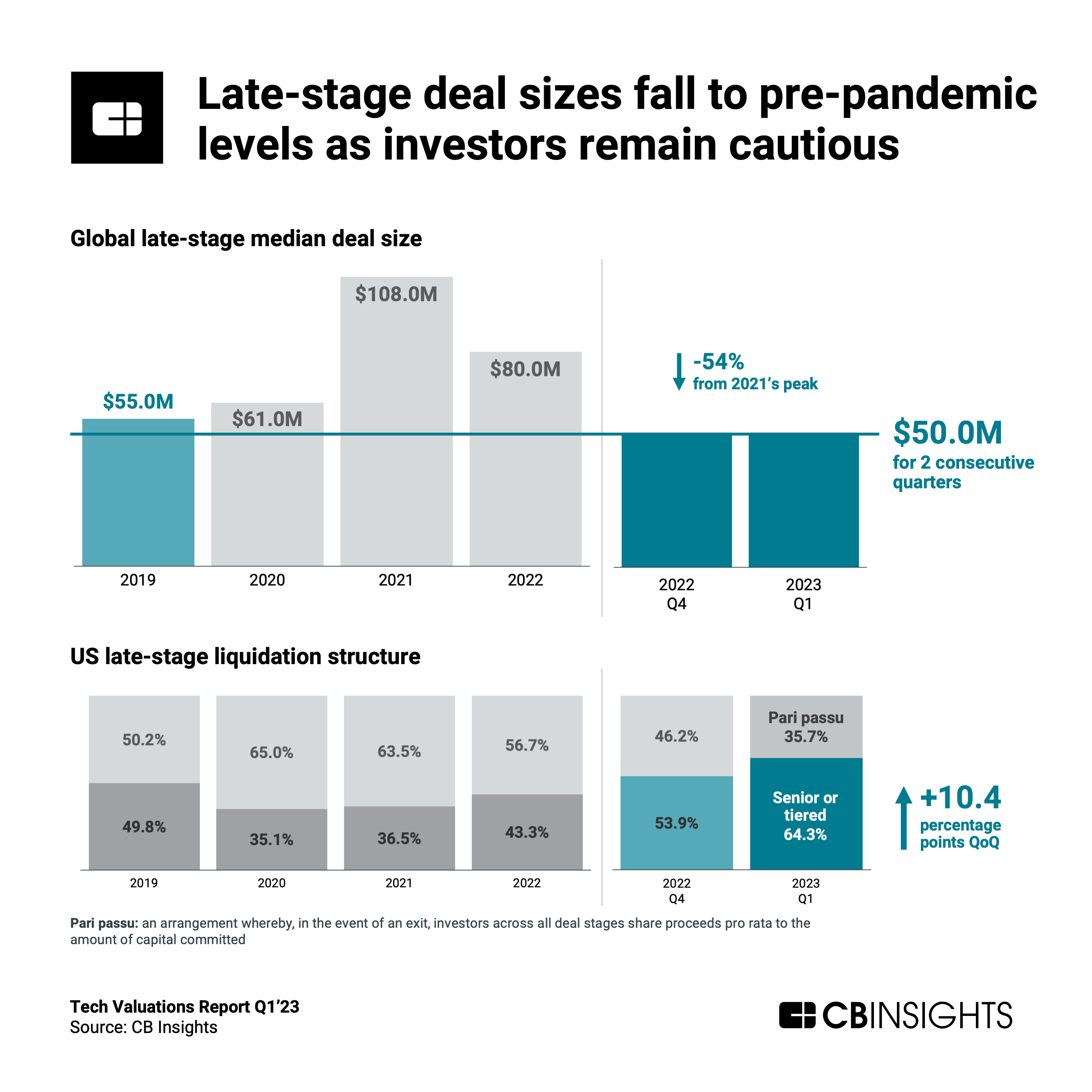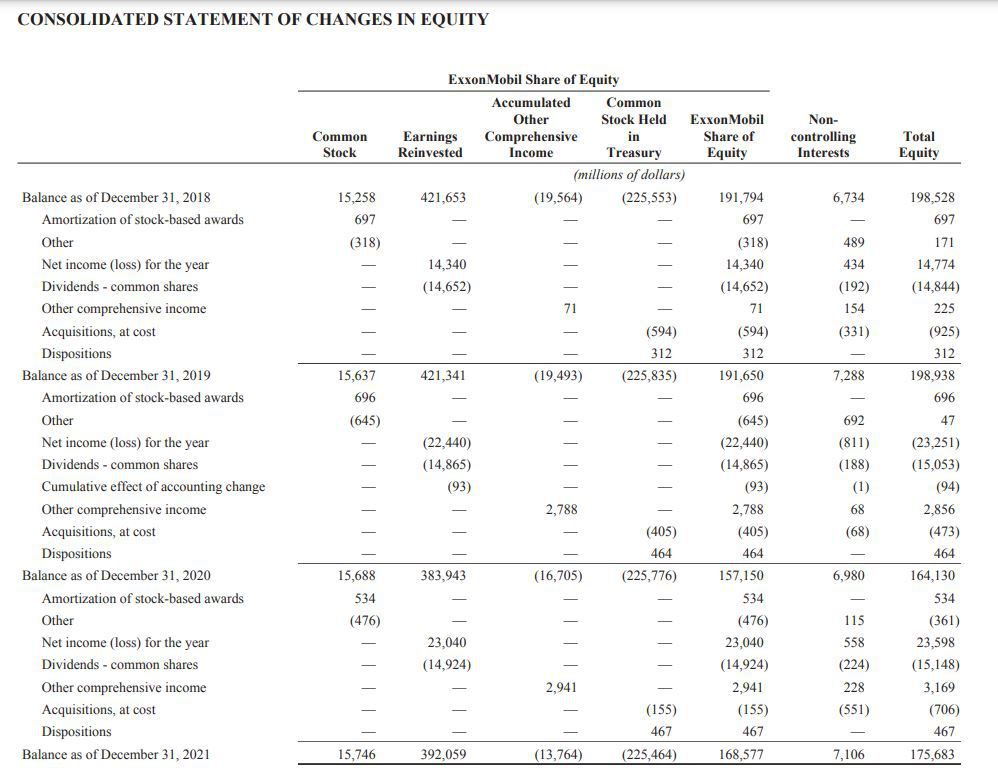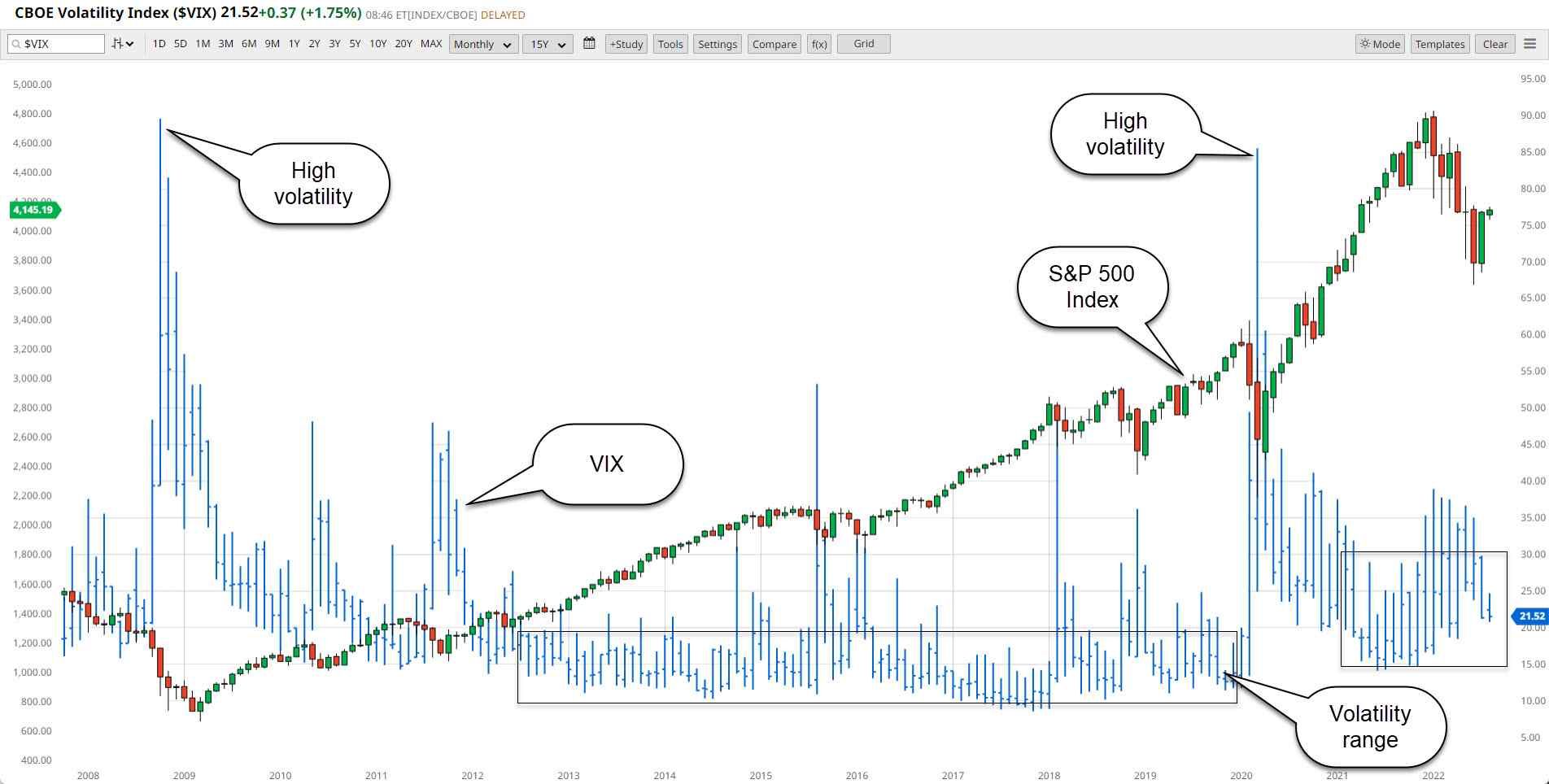Extreme VMware Price Increase: AT&T's Concerns Over Broadcom's Deal

Table of Contents
AT&T's Dependence on VMware and Potential Cost Impacts
AT&T, a global telecommunications giant, relies heavily on VMware virtualization technologies to underpin its vast and complex IT infrastructure. Their network, supporting millions of customers, depends on the stability and efficiency of VMware's solutions. This reliance makes them particularly vulnerable to any significant price increases.
- Specific VMware Products Used by AT&T:
- vSphere: For server virtualization and management.
- vSAN: For software-defined storage solutions.
- NSX: For network virtualization and security.
- vRealize Operations: For IT operations management.
A substantial VMware price increase could have devastating financial implications for AT&T. While precise figures are unavailable, industry analysts predict potential cost increases ranging from tens to hundreds of millions of dollars annually, depending on the magnitude of the price hikes. Such an increase would severely strain AT&T's budget, impacting its ability to invest in crucial areas like 5G network expansion, research and development, and customer service improvements. This could ultimately harm AT&T's competitiveness in the fiercely competitive telecom market.
Antitrust Concerns and the VMware Price Increase
The Broadcom-VMware merger is under intense scrutiny from antitrust regulators worldwide. Concerns center on the potential for Broadcom, already a dominant player in several tech sectors, to leverage its newfound control over VMware to create a monopoly, leading to an extreme VMware price increase and stifling competition.
Arguments against the merger include:
- Creation of a Monopoly: The combined entity would control a significant portion of the virtualization market, potentially eliminating competition and enabling Broadcom to dictate prices.
- Reduced Innovation: Lack of competition could stifle innovation in virtualization technologies, hindering advancements and limiting customer choices.
- Higher Prices for Consumers: The absence of competitive pressure would allow Broadcom to raise prices for VMware products and services, impacting businesses of all sizes.
Several investigations and lawsuits are already underway in different jurisdictions, examining the potential anti-competitive effects of the merger. Competitors and consumer advocacy groups are actively voicing their concerns, presenting compelling arguments against the deal.
Impact on the Broader Telecom Industry and VMware Competitors
The potential for an extreme VMware price increase isn't limited to AT&T. Other telecom companies relying on VMware solutions will face similar cost pressures. This ripple effect could significantly impact the entire industry, forcing companies to absorb higher costs or seek alternative, potentially less efficient solutions.
This situation presents opportunities for VMware's competitors, such as:
- Microsoft Azure: Offering a robust cloud-based virtualization platform.
- Amazon Web Services (AWS): Providing comprehensive cloud services with virtualization capabilities.
- Red Hat Virtualization: A strong open-source alternative to VMware.
These competitors could gain market share as companies seek alternatives to avoid the potentially exorbitant VMware pricing under Broadcom's ownership.
- Potential Alternatives to VMware Products:
- Migrate workloads to cloud providers like AWS or Azure.
- Adopt open-source virtualization solutions like Proxmox VE or oVirt.
- Explore alternative virtualization technologies from companies like Red Hat.
The Future of VMware Pricing Under Broadcom Ownership
Predicting Broadcom's post-acquisition pricing strategies is challenging, but several factors will likely influence their decisions:
- Market Dominance: Broadcom will likely leverage its market position to maximize profits.
- Shareholder Expectations: Pressure to deliver strong returns will likely drive pricing decisions.
- Bundled Services: Broadcom might introduce bundled services to increase revenue and customer lock-in.
- Licensing Model Changes: Changes to VMware's licensing model are also a possibility.
An aggressive pricing strategy focused on maximizing profit margins is a very real concern, leading to a significant and potentially extreme VMware price increase.
Conclusion
AT&T's concerns regarding an extreme VMware price increase following the Broadcom acquisition are legitimate and highlight potential risks for the telecom industry and the broader technology market. The potential for monopolistic practices and reduced competition is a significant worry. Regulatory oversight is crucial to preventing unfair pricing practices and ensuring a competitive landscape.
Stay informed on the developments in the Broadcom-VMware merger and its potential impact on VMware pricing. Follow this site for updates on the extreme VMware price increase and its ramifications. Share your thoughts on the potential consequences of this acquisition.

Featured Posts
-
 Understanding Stock Market Valuations Bof As Insights For Investors
Apr 28, 2025
Understanding Stock Market Valuations Bof As Insights For Investors
Apr 28, 2025 -
 Signs Your Silent Divorce Is Unfolding Recognizing The Warning Signals
Apr 28, 2025
Signs Your Silent Divorce Is Unfolding Recognizing The Warning Signals
Apr 28, 2025 -
 Jetour Dashing Tampil Dengan Tiga Pilihan Warna Baru Di Iims 2025
Apr 28, 2025
Jetour Dashing Tampil Dengan Tiga Pilihan Warna Baru Di Iims 2025
Apr 28, 2025 -
 New X Financials Musks Debt Sale And The Companys Evolution
Apr 28, 2025
New X Financials Musks Debt Sale And The Companys Evolution
Apr 28, 2025 -
 Individual Investors Response To Market Volatility A Deeper Look
Apr 28, 2025
Individual Investors Response To Market Volatility A Deeper Look
Apr 28, 2025
Latest Posts
-
 Espns Moving Tribute To Departing Anchor Cassidy Hubbarth
Apr 28, 2025
Espns Moving Tribute To Departing Anchor Cassidy Hubbarth
Apr 28, 2025 -
 Cassidy Hubbarths Final Espn Broadcast A Touching Tribute
Apr 28, 2025
Cassidy Hubbarths Final Espn Broadcast A Touching Tribute
Apr 28, 2025 -
 Emotional Goodbye Espn Bids Farewell To Cassidy Hubbarth
Apr 28, 2025
Emotional Goodbye Espn Bids Farewell To Cassidy Hubbarth
Apr 28, 2025 -
 Espn Pays Tribute To Cassidy Hubbarth On Her Last Show
Apr 28, 2025
Espn Pays Tribute To Cassidy Hubbarth On Her Last Show
Apr 28, 2025 -
 Exploring Monstrous Beauty Feminist Revisions Of Chinoiserie At The Metropolitan Museum
Apr 28, 2025
Exploring Monstrous Beauty Feminist Revisions Of Chinoiserie At The Metropolitan Museum
Apr 28, 2025
